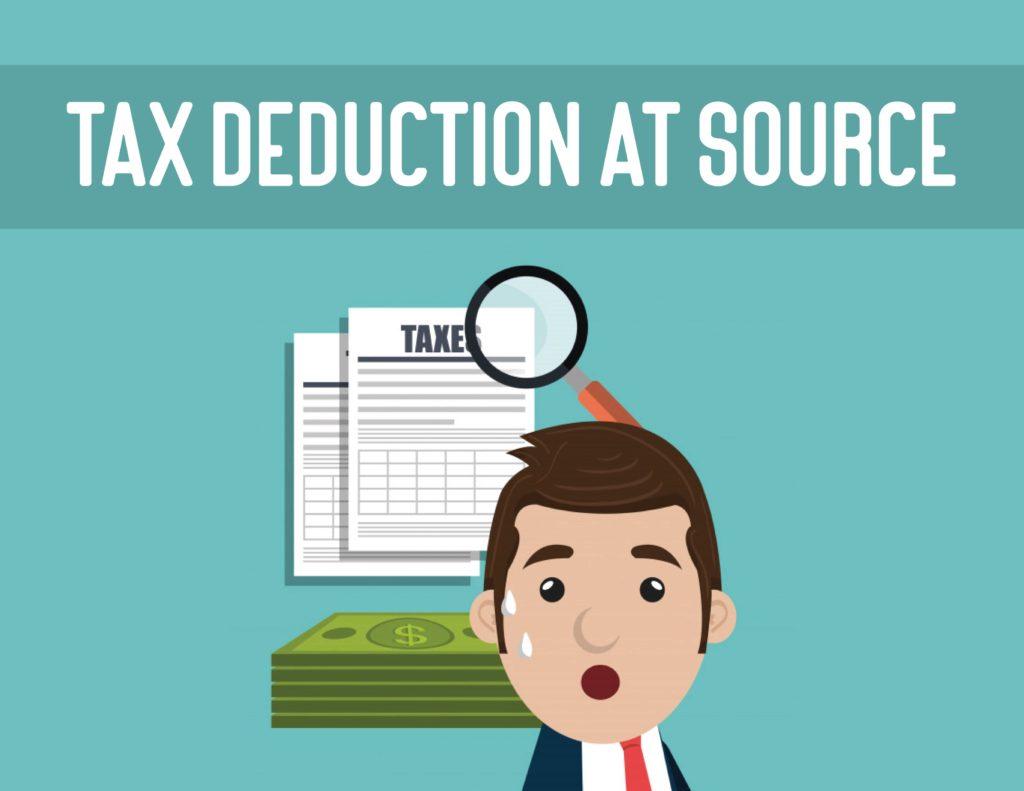INCOME TAX APPELLATE TRIBUNAL (DELHI BENCH ‘A’ : NEW DELHI)
ITA Nos.5992, 5993 & 5994/Del./2012 (ASSESSMENT YEARS : 2002-03, 2003-04 & 2004-05)
The Branch Manager, vs. ITO, (TDS/Survey), Allahabad Bank vs. ITO, (TDS/Survey)
Date of Order: 04-03-2016
ORDER
PER A.T. VARKEY, JUDICIAL MEMBER :
These are three appeals by the assessee against a common order of the CIT (Appeals), Ghaziabad dated 13.09.2012 for assessment years 2002-03, 2003-04 and 2004-05.
2. The assessee raises the very initiation of proceedings by the AO(TDS) u/s 201 and 201 (1A) of the Income-tax Act, 1961 (hereinafter ‘the Act’) i.e. AO (TDS) could not have initiated the proceedings u/s 201 & 201(1A) of the Act, without satisfying himself as to whether the deductee/payee assessee has failed to pay taxes directly, which has been held as foundational and jurisdictional fact and only after finding that deductee/payee assessee has failed to pay tax directly, deductor i.e. the assessee can be deemed to be an assessee in default in respect of such tax and there after only notice u/s 201/201(1A) can be issued and without satisfying this jurisdictional fact by the AO(TDS) the very initiation of proceedings would be without jurisdiction and all subsequent action would be without jurisdiction and would be null and void.
3. Though the impugned order of the AO is after the direction of the ITAT, we take note that the Hon’ble jurisdictional High Court (Allahabad High Court) has settled the law, in respect to the issue before us in the case of M/s. Jagran Prakashan Ltd. vs. DCIT – 345 ITR 288 (All.) held as under :-
“………..it is clear that deductor cannot be treated an assessee in default till it is found that assessee has also failed to pay such tax directly. In the present case, the Income tax authorities had not adverted to the Explanation to Section 191 nor had applied their mind as to whether the assessee has also failed to pay such tax directly. Thus, to declare a deductor, who failed to deduct the tax at source as an assessee in default, condition precedent is that assessee has also failed to pay tax directly. The fact that assessee has failed to pay tax directly is thus, foundational and jurisdictional fact and only after finding that assessee has failed to pay tax directly, deductor can be deemed to be an assessee in default in respect of such tax…..”
The law in respect of initiation of proceedings u/s 201/201(1A) have been settled only after the aforesaid pronouncement of the order in year 2012 and the ITAT order in the first round to the AO was way back, so now we are bound to follow the law laid by the Hon’ble jurisdictional High Court in M/s. Jagran Prakashan Ltd. (supra)
In assessee’s own case in a similar matter the Agra Bench of the Tribunal observed after taking note of the law laid in M/s Jagriti Prakashan Ltd (supra) held as under :
“6. It is thus clear that the onus is on the revenue to demonstrate that the taxes have not been recovered from the person who had the primarily liability to pay tax, and it is only when the primary liability is not discharged that vicarious recovery liability can be invoked. Once all the details of the persons to whom payments have been made are on record, it is for the Assessing Officer, who has al l the powers to requisition the information from such payers and from the income tax authorities, to ascertain whether or not taxes have been paid by the persons in receipt of the amounts from which taxes have not been withheld. As a result of the judgment of Hon’ble Allahabad High Court in Jagran Prakashan’s case (supra), there is a paradigm shift in the manner in which recovery provisions under section 201(1) can be invoked. As observed by Their Lordships, the provisions of Section 201(1) cannot be invoked and the “tax deductor cannot be treated an assessee in default till it is found that assessee has also failed to pay such tax directly” . Once this finding about the nonpayment of taxes by the recipient is held to a condition precedent to invoking Section 201(1), the onus is on the Assessing Officer to demonstrate that the condition is satisfied. No doubt the assessee has to submit all such information about the recipient as he is obliged to maintain under the law, once this information is submit ted, it is for the Assessing Officer to ascertain whether or not the taxes have been paid by the recipient of income. This approach, in our humble understanding, is in consonance with the law la id down by Hon’ble Allahabad High Court.”
From a reading of the AO’s order, it is clear that AO has not made any exercise to ascertain whether the deductee / payee assessee has failed to pay taxes directly before initiation of proceedings u/s 201/201(1A) of the Act, thus assumption of jurisdiction itself stands vitiated and all subsequent proceedings are null in the eyes of law. Therefore, we quash the initiation of proceedings of the AO at the outset itself. The AO ought to have assumed jurisdiction only after satisfying the jurisdictional fact as laid by the Hon’ble Jurisdictional High Court which as stated before is obviously absent. So, we quash the impugned assessments itself.
4. In the result, all the three appeals of the assessee are allowed.
Order pronounced in open court on this 4TH day of March, 2016.
(L.P. SAHU) ACCOUNTANT MEMBER (A.T. VARKEY) JUDICIAL MEMBER
TDS default Proceedings u/s 201/201A can not be initiated till it is found that deductee has also failed to pay tax directly

